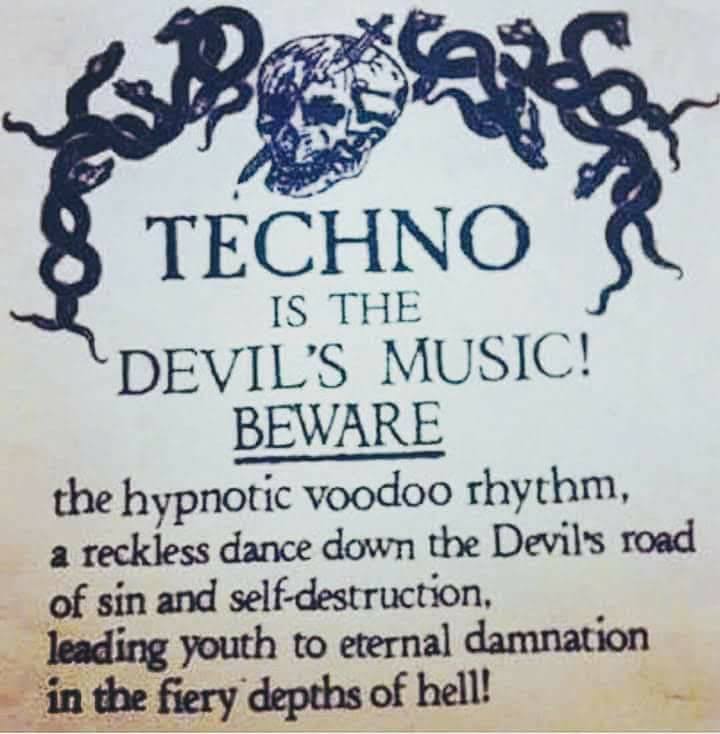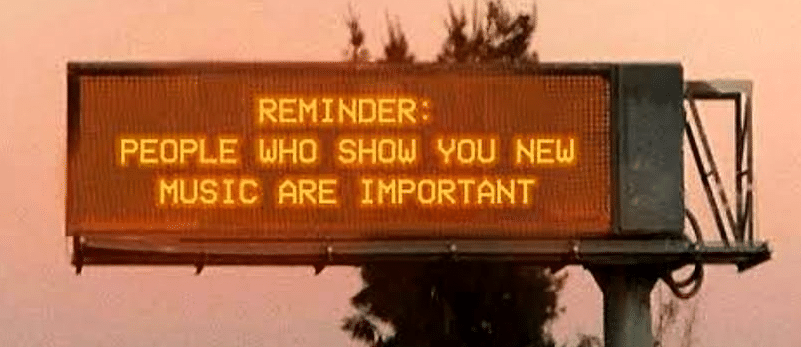In the realm of music, few genres have faced as much prejudice and misunderstanding as techno music. Often labeled as “the devil’s music” due to its association with drugs and hedonistic behaviour, techno music has been unjustly cast aside by the public. However, beyond the misconceptions lies a vibrant and diverse culture that promotes unity, self-expression, and a judgment-free space on the dance floor. In this article, we aim to debunk the myth surrounding techno music and shed light on its true essence as a catalyst for unity and acceptance.
Techno music emerged in the late 1980s as a groundbreaking genre that challenged conventional musical norms. It revolutionised the electronic music scene by incorporating repetitive beats, synthesised melodies, and futuristic sounds. Its driving force was not to promote drug use or encourage sinful behaviour, as many might assume, but rather to create a unique sonic experience that transcends barriers and connects individuals on a deeply profound level.
One of the core principles of techno music is its ability to bring people together on the dance floor. At its heart, techno is a genre that celebrates inclusivity, diversity, and the power of collective experience. The pulsating rhythms, hypnotic melodies, and intricate layers of sound create a sonic tapestry that unifies the crowd, erasing societal divisions and allowing individuals to connect purely through the shared love of music.
Contrary to popular belief, the techno community is often committed to providing a safe and judgment-free environment for its attendees. Many techno events prioritise creating spaces that promote consent, respect, and inclusivity. These gatherings encourage self-expression without fear of judgment, allowing attendees to be their authentic selves. The acceptance and unity experienced on the dance floor can be transformative, providing solace and a sense of belonging in an often fragmented world.
Techno music serves as a conduit for personal growth and self-discovery. Its immersive nature enables individuals to explore their emotions, break free from societal constraints, and embrace their individuality. Through the relentless beats and ethereal melodies, listeners embark on a journey of introspection and self-expression, shedding inhibitions and uncovering hidden layers of their own identity.
While it’s true that some individuals may associate drug culture with techno music, it’s important to recognise that this association does not define the entire genre. Like any form of music, techno is a vast and multifaceted art form that cannot be reduced to a single stereotype. By focusing solely on the negative perceptions, we risk overlooking the profound impact techno music has had on millions of lives and the positive communities it has fostered.
Techno music is far from being the devil’s music. Instead, it is a powerful force for unity, acceptance, and personal growth. It provides an escape from judgment and societal pressures, allowing individuals to find solace and connection on the dance floor. By challenging the misconceptions and embracing the true essence of techno, we can appreciate its beauty, cultural significance, and its ability to bring diverse individuals together in harmony. Let us celebrate the transformative power of techno music and recognise it for what it truly is—a testament to the power of music to unite, inspire, and uplift the human spirit.




